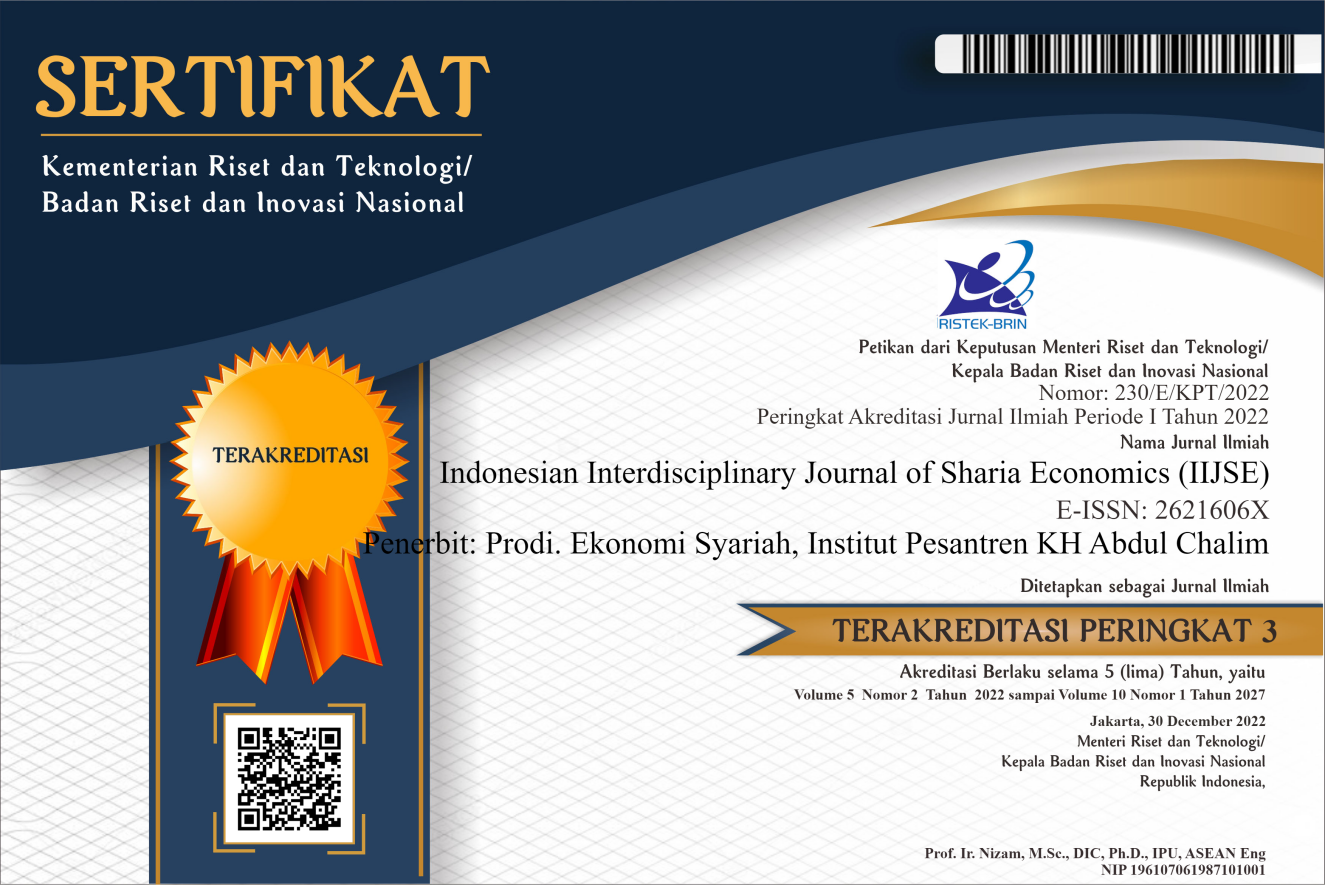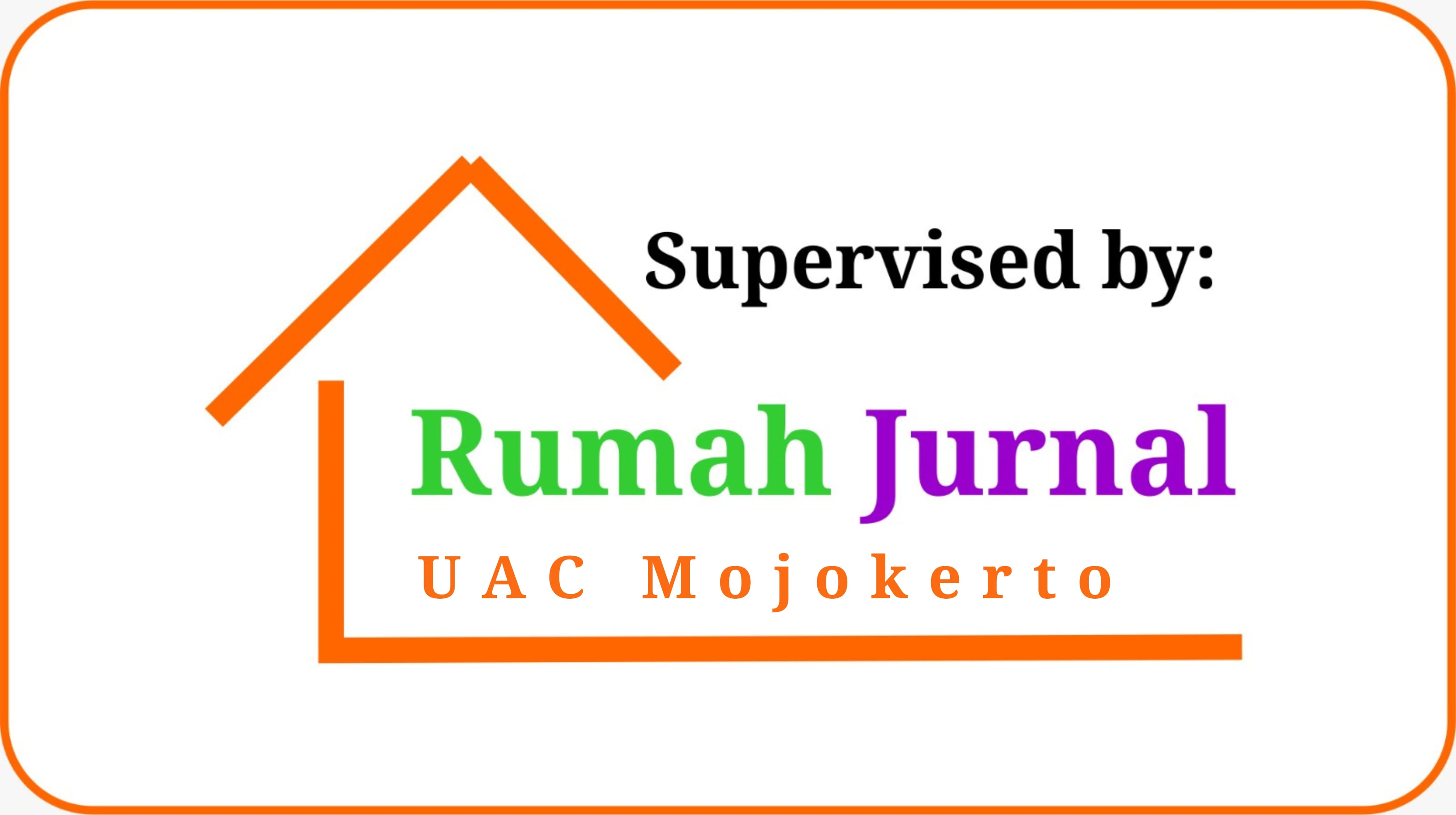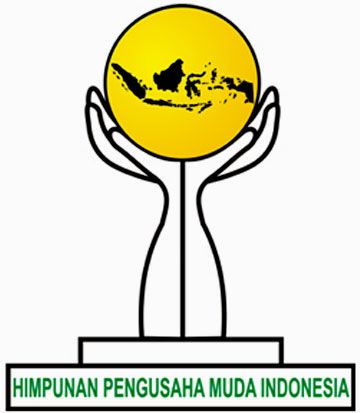Marketing Strategy for Halal And Healthy Products in Increasing Consumer Purchase Intention (A Case Study on Mie Muhammadiyah)
Abstract
This study explores the marketing strategies of halal and healthy products in increasing consumer purchase intention, with a case study on Mie Muhammadiyah. The research employs a quantitative approach using multiple regression and Structural Equation Modeling (SEM) based on Partial Least Square (PLS) to analyze the impact of promotion mix on consumer purchase intention. The sample comprises 150 respondents selected through purposive sampling based on specific criteria such as age, religion, and preference for halal and healthy products. The results show that elements of the promotion mix, such as advertising, sales promotion, online marketing, and personal selling, significantly influence consumer purchase intention and buying decisions. The conclusion highlights the importance of strengthening the promotion mix strategy to increase awareness and purchase intention toward halal and healthy products, particularly Mie Muhammadiyah. The use of digital platforms in promotions is also considered relevant for expanding market reach and increasing product recognition.
Downloads
References
Aprena Siregar. (2023). The Influence Of Marketing Strategies, Product Knowledge, And Halal Literacy On Consumer Decisions To Buy Halal Products In Sitio Tio Hilir Village. INTEGRASI JURNAL STUDI ISLAM DAN HUMANIORA, 1(3), 153–166.
Dinawan, M. R. (2010). ANALISIS FAKTOR-FAKTOR YANG MEMPENGARUHI KEPUTUSAN PEMBELIAN (Studi kasus pada konsumen Yamaha Mio PT Harpindo Jaya Semarang). Jurnal Sains Pemasaran Indonesia, 9(3), 335–369. www.cahyamotor.com/index
Diny Melga Sari, Heni Noviarita, M. I. F. (2023). Strategy for Increasing Halal Products and Halal Certification of Food Products in Increasing the Competitiveness of the Indonesian Halal Industry. Reslaj: Religion Education Social Laa Roiba Journal, 5(6), 3188–3202. https://doi.org/10.47476/reslaj.v6i3.6232
Djakasaputra, A., Juliana, Aditi, B., Fachrurazi, & Mas’ad, M. A. (2023). The Influence of Halal Certification, Halal Awareness, and Brand Image on Interest in Buying Halal Food Products: An Empirical Study of Consumers in Indonesia. International Journal of Islamic Business and Economics (IJIBEC), 7(2), 103–115. https://doi.org/10.28918/ijibec.v7i2.2003
Fadli, R., Hidayati, S., Cholifah, M., Siroj, R. A., & Afgani, M. W. (2023). Validitas dan Reliabilitas pada Penelitian Motivasi Belajar Pendidikan Agama Islam Menggunakan Product Moment. JIIP - Jurnal Ilmiah Ilmu Pendidikan, 6(3), 1734–1739. https://doi.org/10.54371/jiip.v6i3.1419
Faozi, I., & Handayani, S. (2019). Analisa Keputusan Pembelian Yang Dipengaruhi Harga Promosi Dan Kualitas Pelayanan Pada Pt Bina Pertiwi Semarang. Jurnal Ekonomi Manajemen Dan Akuntansi, 47, 44–52. https://ejurnal.stiedharmaputra-smg.ac.id/index.php/JEMA/article/view/354
Fatmi, F. O., Ahmad, A. N., & Kartika, B. (2020). Determinants affecting purchase intention of halal products: an article review. Journal of Halal Product and Research, 3(2), 63. https://doi.org/10.20473/jhpr.vol.3-issue.2.63-79
Firdausi, A. S. M., Farahdiba, D., & Munthe, A. M. (2020). Determining Consumers’ Willingness to Buy Halal Meat. Jurnal Bisnis Strategi, 29(2), 143–162. https://doi.org/10.14710/jbs.29.2.143-162
Husaeni, U. A., & Zakiah, S. (2022). Determinants of buying intention of halal products on private Islamic religious college lecturers in West Java. Asian Journal of Islamic Management (AJIM), 4(1), 59–71. https://doi.org/10.20885/ajim.vol4.iss1.art5
Liza Nora, & Nurul Sriminarti. (2023). The Determinants of Purchase Intention Halal Products: The Moderating Role of Religiosity. Journal of Consumer Sciences, 8(2), 220–233. https://doi.org/10.29244/jcs.8.2.220-233
Lukmanul Hakim, Imron Rosyadi, A. F. D. S. (2024). THE IMPACT OF DELAYING MIE GACOAN’S HALAL CERTIFICATION ON CONSUMER LOYALTY Lukmanul. Jurnal Hukum Ekonomi Syariah, 3(1), 93–104.
Martiningsih, D. A., & Setyawan, A. A. (2022). The Impact of Influencers’ Credibility Towards Purchase Intention. Proceedings of the International Conference on Economics and Business Studies (ICOEBS 2022), 655(Icoebs), 196–204. https://doi.org/10.2991/aebmr.k.220602.025
Muhammad Hamka Habibie, H., Roesmara Donna BENEFIT Jurnal Manajemen dan Bisnis, D., & Roesmara Donna, D. (2020). Factors That Influence The Intention To Purchase Halal Food Products (Case Study Of Universitas Gadjah Mada Students. BENEFIT Jurnal Manajemen Dan Bisnis, 5(1), 83–955.
Nurhasanah, S., & Hariyani, H. F. (2018). Halal Purchase Intention on Processed Food. Tazkia Islamic Finance and Business Review, 11(2), 187–209. https://doi.org/10.30993/tifbr.v11i2.142
Purwanto, A., Ardiyanto, J., & Sudargini, Y. (2021). Intention Factors of Halal Food Purchase among Student Consumers: An Explanatory Sequential Mixed Methods Study. Journal of Industrial Engineering & Management Research (JIEMAR), 2(2), 21–34. https://jiemar.org/index.php/jiemar/article/view/124
Purwanto, A., & Sudargini, Y. (2022). Exploring Factors Affecting the Purchase Intention of Halal Food Products : An Empirical Study on Student Consumers. INTERNATIONAL JOURNAL OF SOCIAL AND MANAGEMENT STUDIES (IJOSMAS), 2(04), 21–31. https://www.ijosmas.org
Rafiki, A., Hidayat, S. E., & Nasution, M. D. T. P. (2023). An extensive effect of religiosity on the purchasing decisions of halal products. PSU Research Review. https://doi.org/10.1108/PRR-07-2022-0093
Ragatirta, L. P., & Tiningrum, E. (2021). Pengaruh Atmosphere Store, Desain Produk dan Citra Merek Terhadap Keputusan Pembelian (Studi Kasus di Rown Division Surakarta). Excellent, 7(2), 143–152. https://doi.org/10.36587/exc.v7i2.793
Syarifuddin, S., Mandey, S. L., Tumbuan, W. J. F. A., & Maramis, J. B. (2022). Marketing Strategy: Increasing Consumers Loyalty through Trust in the Halal Certificate and Logo displayed in North Sulawesi Restaurants. Asian Journal of Management, Entrepreneurship and Social Science, 2(04), 268–291.
Triana, D., Rosalina, E., & Hatussaadah, S. F. (2023). The Relationship Between Halal Knowledge And Perception With The Attitude Of Buying Halal Food In The Consumer Community In Jambi City. Educational Journal of History and Humanities, 6(3), 2094–2106. http://jurnal.unsyiah.ac.id/riwayat/
Tupti, Z., Simarmata, K. S., & Arif, M. (2022). Faktor – Faktor Kinerja Karyawan Dengan Motivasi Kerja Sebagai Variabel Intervening. MANEGGIO:Ilmiah Manjaemen Magister Manajemen, 5(2), 16. http://jurnal.umsu.ac.id/index.php/MANEGGIO
Widjaja, G. (2022). What Experts Tell about Integrated Marketing Communication for Effective Business Promotion and Sale Strategy. Indonesian Interdisciplinary Journal of Sharia Economics (IIJSE), 5(1), 48-62. https://doi.org/10.31538/iijse.v5i1.1661
Zaki, M., & Saiman, S. (2021). Kajian tentang Perumusan Hipotesis Statistik Dalam Pengujian Hipotesis Penelitian. JIIP - Jurnal Ilmiah Ilmu Pendidikan, 4(2), 115–118. https://doi.org/10.54371/jiip.v4i2.216
Zikry Ramadhan, & Faizi, F. (2023). Determinants of Purchase Decision on Halal Product: The Mediating Effect of Halal Certification. Jurnal Ilmu Ekonomi Dan Bisnis Islam, 5(2), 187–214. https://doi.org/10.24239/jiebi.v5i2.180.187-214
Zubaydah, R. (2020). Analisis Keputusan Pembelian Berdasarkan Promosi Dan Citra Merek Analysis of Purchase Decisions Based on Promotion and Brand Images. CERMIN : JURNAL PENELITIAN, 4(1), 122–132.
Copyright (c) 2024 Zalsa Iswahyuni. S, muhammad Sholahuddin

This work is licensed under a Creative Commons Attribution-ShareAlike 4.0 International License.
Authors who publish with this journal agree to the following terms:
- Authors retain copyright and grant the journal right of first publication with the work simultaneously licensed under a Creative Commons Attribution License that allows others to share the work with an acknowledgment of the work's authorship and initial publication in this journal.
- Authors are able to enter into separate, additional contractual arrangements for the non-exclusive distribution of the journal's published version of the work (e.g., post it to an institutional repository or publish it in a book), with an acknowledgment of its initial publication in this journal.
- Authors are permitted and encouraged to post their work online (e.g., in institutional repositories or on their website) prior to and during the submission process, as it can lead to productive exchanges, as well as earlier and greater citation of published work.


















